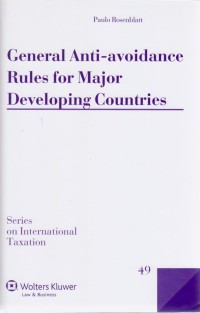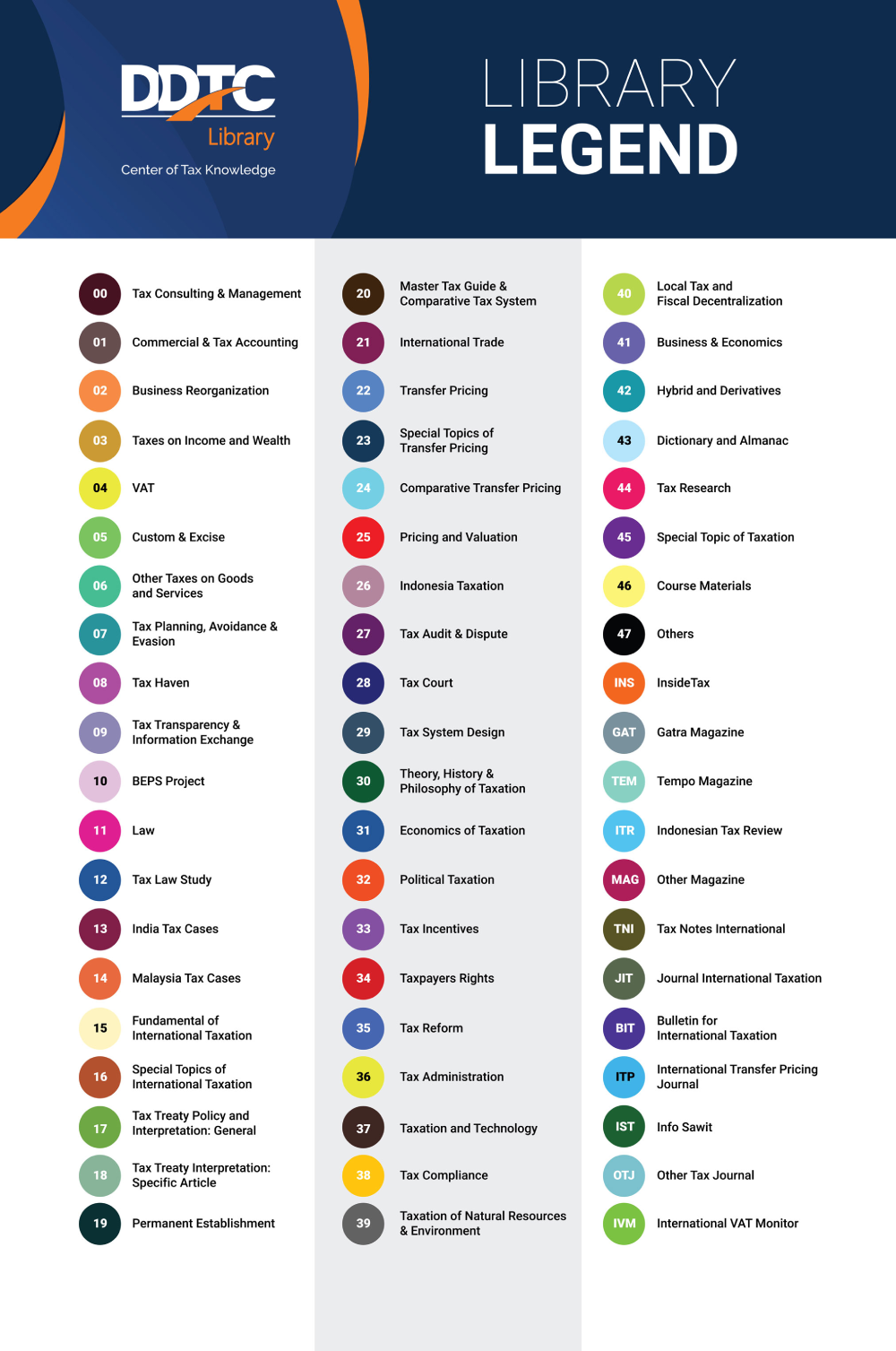
Book
General Anti-avoidance Rules for Major Developing Countries
General Anti-avoidance Rules for Major Developing Countries is the first in-depth treatment of anti-avoidance issues in the three major developing nations of India, Brazil and South Africa. Taking a comprehensive and comparative approach, analysis of over 100 cases and 500 legal references are included, as well as examination of the statutory legislation and administrative guidelines. Offering detailed guidance for emerging countries, you'll gain practical understanding with a roadmap demonstrating the different routes developing countries can go through; the fastest routes, the paths that require caution and the directions to avoid. Examples are given from relatively successful GAARs in developed jurisdictions such as the United Kingdom, Australia, Canada, New Zealand, Hong Kong, France and Spain. Improve your understanding of a subject that daily becomes more prominent as the major developing countries grow in economic power. With its clearly articulated safeguards and checks and balances and commitment to the rule of law, General Anti-avoidance Rules for Major Developing Countries is sure to play a significant role in the development of tax avoidance measures in the years to come. Benefit from: ; Rigorous academic analysis - illustrated with practical examples to ensure that you achieve a full understanding of anti-avoidance issues and the potential solutions. Clear explanation of the different definitions, classifications of common denominators of statutory general anti-avoidance rules and the different tests used, to guide you through the foundations of the field of anti-avoidance legislation. Comprehensive coverage of legislation in developing nations as well as developed jurisdictions make this an essential guide to anti-avoidance issues and allows you to find everything you need for your research in one volume. Includes discussion of the following research questions: ; Is tax avoidance a problem that calls for a legislative response in developing economies? Would a GAAR be adequate to address this problem in developing economies? Are there noteworthy differences between developing and developed countries'; tax systems that suggest a tailor-made GAAR rather than a model or tool kit tax transplant? What design lessons can developing countries learn from advanced economies that have experienced general anti-avoidance rules or doctrines? Given that discretion and uncertainty are consequences of the introduction of a GAAR, how can this power be limited to provide a balance between protecting the tax base and safeguarding taxpayers? General Anti-avoidance Rules for Major Developing Countries by Paulo Rosenblatt, is the essential guide for all involved in tax avoidance in developing countries.
Detail Information
| Call Number |
07 GEN pau
|
|---|---|
| Publisher | Wolters Kluwer Law & Business : The Netherlands., 2015 |
| Collation |
xiii, 238 p.; 24.7 cm
|
| Language |
English
|
| Classification |
07 GEN pau
|
| ISBN/ISSN |
978-90-411-5839-0
|
| Edition |
-
|
| Subject(s) |






